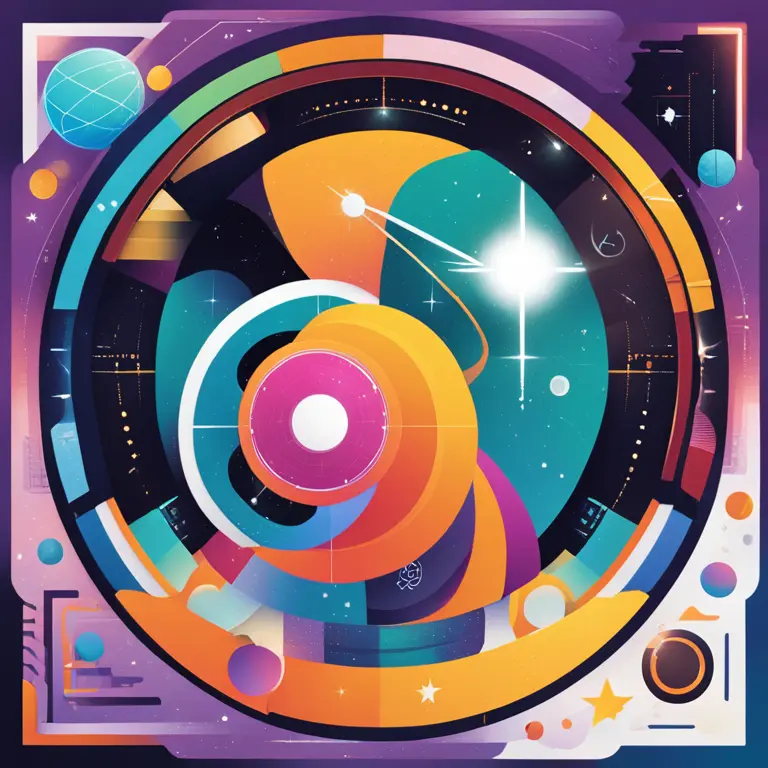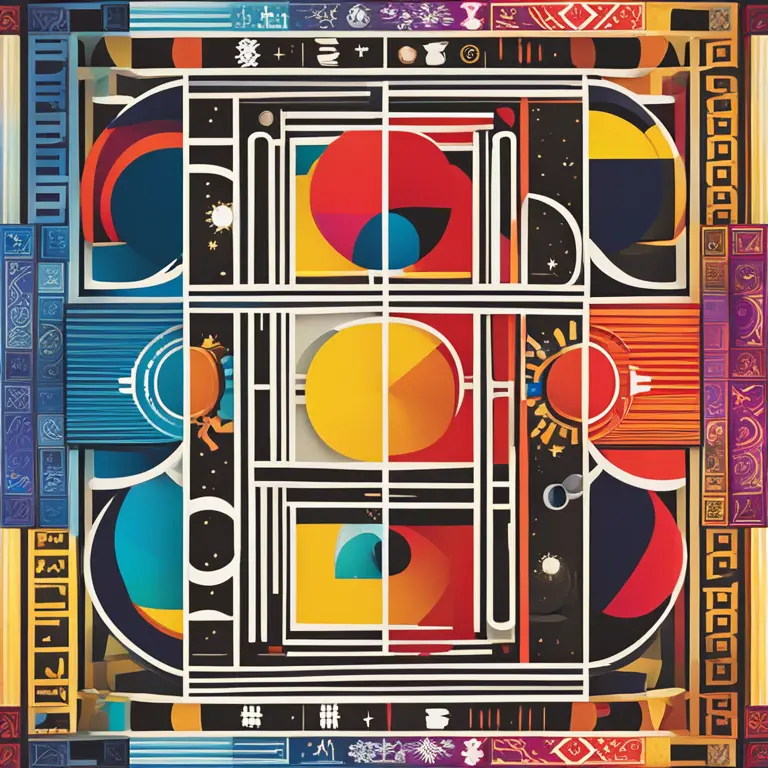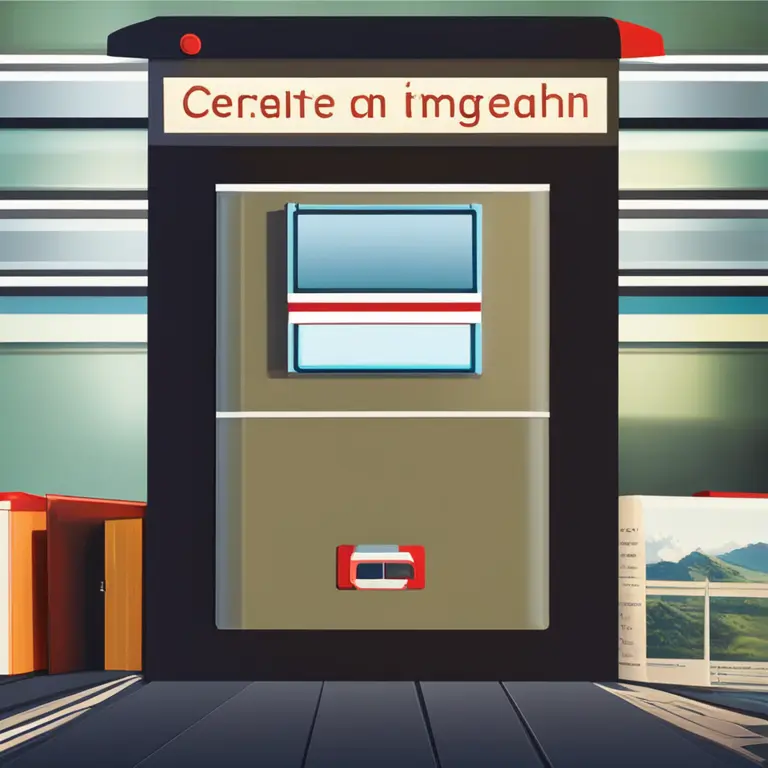
The Precision of Astrology Readings: Myth or Reality?
Delving into the accuracy of astrology readings, this article examines the reliability of horoscopes and astrological predictions in the modern age.
article by Priya Deshmukh
Introduction to Astrological Accuracy
Astrology has long fascinated humans with its promise to shed light on our personalities and future through the positions of celestial bodies. But as we cross into the year 2024, the question of its precision remains hotly debated. Though astrology is not a science in the traditional sense, it continues to hold sway over the hearts and minds of many, who find its insights personally meaningful. This article aims to critically examine the accuracy of astrology readings amidst evolving cultural and astronomical knowledge.

A Stride Towards Astronomical Precision
Recent advances in astronomical data collection have led to more precise birth charts, considering not just the date, but the exact time and place of birth. This hyper-localized approach considers real-time celestial arrangements, offering personalized readings. However, while the data inputs have grown more exact, the interpretations remain symbolic and thus, subject to individual analysis and intuition.

The Role of Psychology in Astrological Belief
The psychological aspects of astrology cannot be discounted when discussing its accuracy. Many enthusiasts find that astrology provides a framework for introspection, helping articulate complex feelings and experiences. Psychologists note that belief in astrology can be strengthened by cognitive biases like the Barnum effect, where vague and general statements are perceived as highly accurate.

Cultural Influence on Astrological Trends
As we navigate the 2020s, the interest in astrology continues to surge, merging with digital innovation and social media culture. Online platforms have dramatically increased the accessibility of astrological services and information, leading to a new wave of astrology that is interactive and community-driven. This contemporary iteration resonates with digital natives who crave personalized experiences but does not inherently validate astrology's accuracy.
Scientific Scrutiny of Astrological Claims
Despite its popularity, astrology has not withstood rigorous scientific investigation. Controlled studies often expose the lack of empirical evidence supporting astrological predictions. The scientific community generally regards astrology as a pseudoscience, lacking in the methodological consistency and predictive power that characterize empirical disciplines.
Astrology as an Art, Not a Science
In recognizing astrology's limitations, enthusiasts argue that its value lies in its artistic and narrative nature. Rather than demanding empirical validation, they suggest astrology is best viewed through a symbolic or spiritual lens. This perspective allows for a personal connection with celestial stories, albeit one detached from concrete accuracy.
Future Perspectives on Astrology
Looking to the future, the interaction between technology and astrology will likely intensify, potentially fostering new methods of creating and interpreting astrological charts. AI advancements might contribute analytical depth to readings, though the core issue of belief and personal resonance remains unchanged. Whether astrology's accuracy will ever be concretely established continues to be a star-crossed question.
Published: 1/12/2024
Modified: 1/12/2024
More predictions
Come back here soon to learn more about yourself and your future


The Historical Journey of Zodiac Signs
Embark on a historical journey to discover the inception of the zodiac signs and their influence on astrology today.


Astrology: The Depths of Water Signs
Dive into the depths of the Water Element in Astrology and discover the intuitive and emotional nature of Cancer, Scorpio, and Pisces.


The Mystique of Zodiac Water Signs
Dive into the emotional depths of the Zodiac water signs – Cancer, Scorpio, and Pisces – and discover the profound insights they offer.